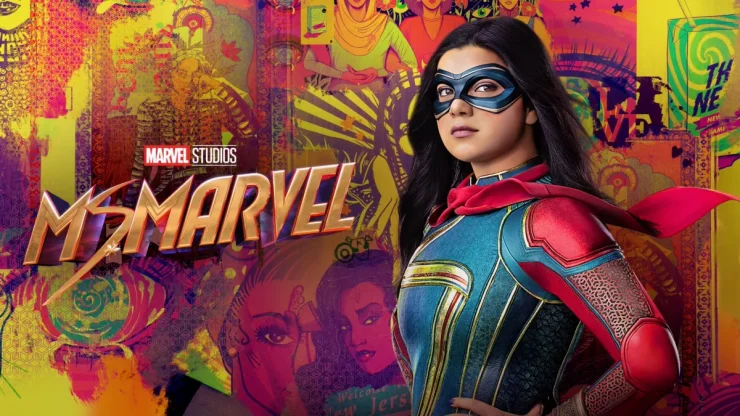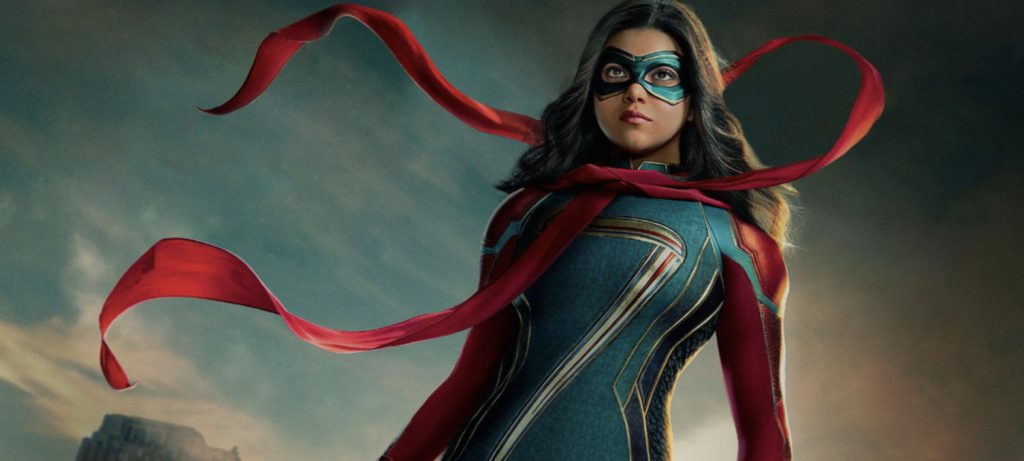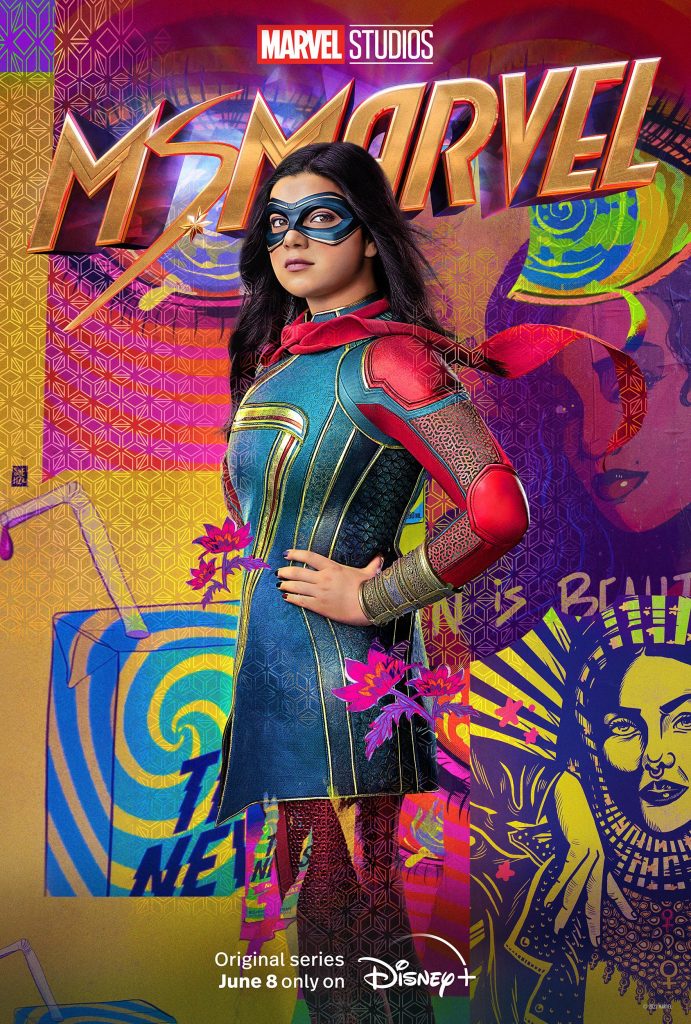
The cultural significance of Ms. Marvel is no longer a thing to be overlooked. Since her debut in 2014, Kamela Khan has quickly become one of the most beloved and iconic superheroes in popular culture. Not only has she inspired millions of fans across the globe, but she also serves as an important symbol of representation and hope.
Ms. Marvel, written by G. Willow Wilson and drawn by Adrian Alphona, introduced Kamala Khan, a Muslim Pakistani-American teenager living in New Jersey who gains shape-shifting abilities after being exposed to a green mist. Kamala must navigate her life as a superhero while dealing with the challenges of being a teenager, such as schoolwork and parental expectations. The character has become a phenomenon among young comics fans and has been praised for its portrayal of a diverse and relatable hero.
Since first appearing on the scene in 1977, Ms. Marvel has served as an inspiration to young women around the globe. Her story arc celebrates female empowerment by showing that anyone – regardless of gender – can make a difference if they have enough courage and determination to do so. For many girls growing up without strong female role models, Ms. Marvel offers hope and encouragement that they can be their own heroines too. Additionally, her success within mainstream media shows Hollywood producers that there is demand for more stories about dynamic female characters who are not relegated to being sidekicks or love interests but instead take center stage as heroes themselves.
Another way that Ms. Marvel carries significant cultural weight is through her representation of diversity – particularly when it comes to religion and ethnicity – which reflects modern-day societies where people with different backgrounds live together harmoniously despite their differences. Featuring positive images of diverse superheroes who work together towards common goals such as protecting Earth from alien threats or fighting injustice worldwide sends out a message of unity rather than division; something sorely needed at times like these when discrimination is still rampant throughout many parts of our planet due largely to race or beliefs. These themes are further strengthened by Kamala Khan’s Islamic faith which she proudly wears while out saving humanity alongside other members at The Avengers headquarters located in New York City – home to millions from all walks of life who share similar dreams but come from different cultural backgrounds nonetheless.

Beyond inspiring self-empowerment among teenage girls everywhere and promoting diversity within comics books canon, perhaps most importantly Ms. Marvel provides much-needed representation for those living with disabilities including blindness (which affects Carol Danvers) or deafness (as seen in Kamala Khan). Having depictions of disabled superheroes gives them permission – if you will -to be proud of their disability rather than ashamed or scared by it; illustrating that no matter what challenges one may face one can still reach great heights if only given half chance thereby sending out powerful message inclusion tolerance acceptance everyone no matter circumstance condition etcetera…
It cannot be denied just how important characters like Ms. Marvel really have become over time in terms of reflecting and encouraging social change assisting younger generations identifications forming their own identities lastly providing need platform discussions regarding multiple topics ranging from gender identity religious beliefs racial/ethnicity even disability rights! All things considered marvelous indeed!
Combining her heritage and geekiness with a great dose of humor gives this serie a proper change to win over the mainstream audiences as well. I’m looking forward to more of Kamala!

